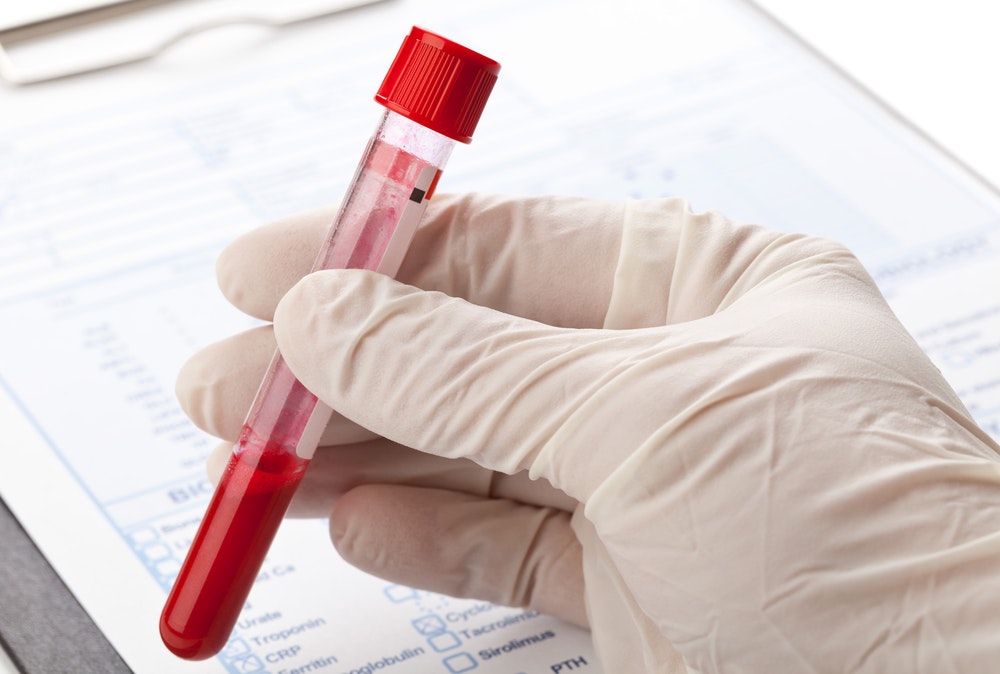Primary Ovarian Insufficiency
Formerly known as premature ovarian failure, primary ovarian insufficiency can cause low estrogen levels and make it difficult to conceive.
Houston Fertility Center in Houston, TX, provides a range of fertility treatments to help make your dreams of growing your family a reality.
Explore how Dr. Sonja Kristiansen can help diagnose and treat primary ovarian insufficiency to relieve your symptoms and help you achieve parenthood.
What Is Primary Ovarian Insufficiency?
Primary ovarian insufficiency (POI) occurs when your ovaries produce insufficient estrogen or are unable to release eggs regularly. This condition may be caused by several factors and often leads to infertility.
Premature ovarian failure is often confused with menopause because some of the symptoms overlap. For example, women with primary ovarian insufficiency may experience:
- Hot flashes
- Vaginal dryness
- Night sweats
- Irritability
- Irregular menstrual cycles
- Difficulty concentrating
- Decreased sex drive
How Is It Diagnosed?
If you have struggled to conceive or have symptoms of primary ovarian insufficiency, Dr. Kristiansen will discuss your symptoms and order tests to determine the root cause of your struggles. Blood work will be ordered to measure your hormone levels. Patients with POI will have elevated levels of follicle-stimulating hormone (FSH). Your FSH levels might be tested twice to determine if they remain elevated. Other tests may include an ultrasound to rule out other abnormalities within the uterus or ovaries, as well as a blood test for prolactin and thyroid levels. In some cases, genetic testing may be performed to rule out genetic conditions.

Treatment Options
Because each individual is unique, Dr. Kristensen will customize your care to fit your needs. The most common approaches to treatment include:
Estrogen Therapy
Since POI causes low estrogen levels, hormone therapy using estrogen can alleviate many of its symptoms, such as hot flashes and night sweats. It can also help prevent osteoporosis, which women with low estrogen are at increased risk for. Adding progesterone to the estrogen can help protect the endometrium from precancerous conditions.
Supplements
Because vitamin D deficiency is common in women with primary ovarian insufficiency, many doctors recommend a daily supplement. Calcium supplements will most likely be necessary as well. Vitamin D and calcium are essential for halting the development of osteoporosis. Before beginning this type of treatment, your doctor may recommend bone density testing for accurate dosage.
Fertility Treatment
For patients struggling to conceive, Dr. Kristiansen may prescribe medications to stimulate the ovaries, such as clomiphene (Clomid) along with other medications such as estrogen and progesterone. In some cases, advanced fertility treatment at our Houston practice may be suggested, such as egg donation or in-vitro fertilization (IVF).
Hear Why Houston Patients Trust Us "Very Patient and Informative"
I love this place the nurses definitely put alot of definition into this clinic. Without them and their kindness I probably wouldn't have made it mentally. Anytime I had a question they answered whether through phone call or email. It was the best!
View on GoogleFrom the very first phone call the staff was very patient and informative. I was given so much to work with and didn't feel rushed. All of my follow-up questions were answered as well. I will update my review over time.
View on this site


